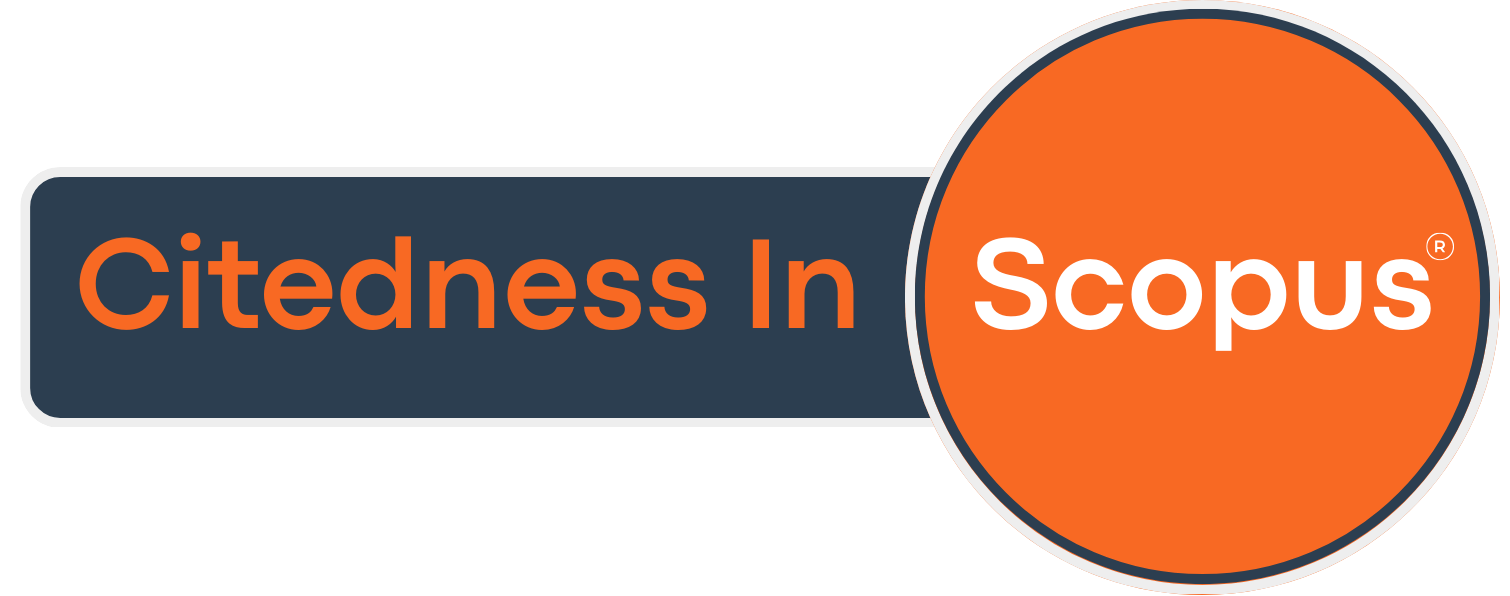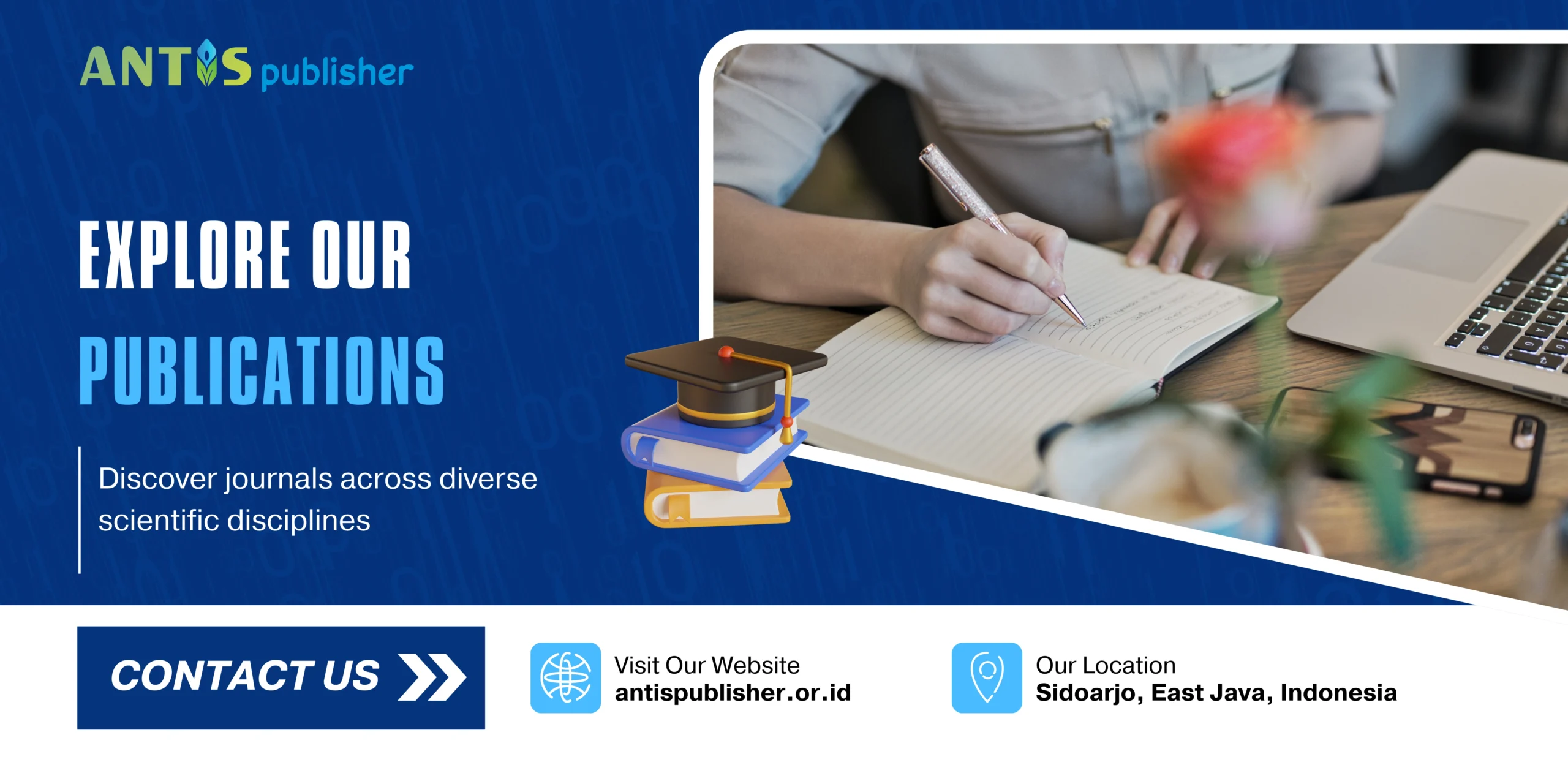MODERN CHALLENGES AND DEVELOPMENT TRENDS IN THE ACTIVITIES OF EXECUTIVE AUTHORITIES
Downloads
Objective: This study critically analyzes the structural, legal, and operational challenges faced by executive authorities in Uzbekistan, aiming to propose mechanisms for enhancing efficiency and public trust through reforms. Method: A qualitative approach is employed, focusing on a review of recent presidential decrees, government programs, and key performance indicators (KPIs), with an emphasis on the implications of digital platforms and interagency cooperation. Results: The findings indicate that although reforms such as the introduction of KPIs and digital services have improved service delivery, persistent issues, including centralized decision-making, unclear functional divisions, and inadequate interagency coordination, continue to impede effectiveness. Novelty: This article contributes original insights by linking administrative performance with governance innovation, utilizing recently enacted legislation and governmental initiatives as empirical anchors. The study emphasizes the need for continued institutional reforms, legal clarification of competencies, digitalization, and empowerment of local authorities to foster citizen-centric governance and improve public administration in Uzbekistan.
M. Maor, «A comparative perspective on executive development: Trends in 11 European countries», Public Adm., т. 78, вып. 1, сс. 135–152, 2000.
«Agency for Civil Service Development under the President of the Republic of Uzbekistan». [Онлайн]. Доступно на: https://old.argos.uz/
G. N. Ivanova и N. Y. V. E. Androsenko, «Application of standardization tools to improve the performance of executive authorities», Econ. Soc. Chang. Facts Trends Forecast, вып. 5, сс. 238–250, 2014.
L. S. Fuerth и E. M. Faber, «Anticipatory governance practical upgrades: equipping the executive branch to cope with increasing speed and complexity of major challenges», 2012.
J. Nalbandian, R. O’Neill Jr, J. M. Wilkes, и A. Kaufman, «Contemporary challenges in local government: Evolving roles and responsibilities, structures, and processes», Public Adm. Rev., т. 73, вып. 4, сс. 567–574, 2013.
R. Wettenhall, «Exploring types of public sector organizations: past exercises and current issues», Public Organ. Rev., т. 3, вып. 3, сс. 219–245, 2003.
N. Sydorenko, «Modern trends in the development of public administration», Public Adm. Asp., т. 10, вып. 3, сс. 59–63, 2022.
«National Legislative Database of the Republic of Uzbekistan». [Онлайн]. Доступно на: https://lex.uz
F. Naschold, New frontiers in public sector management: trends and issues in state and local government in Europe. в DE GRUYTER STUDIES IN ORGANIZATION. 1996.
«Official Government Portal of the Republic of Uzbekistan». [Онлайн]. Доступно на: https://gov.uz/oz
«Official Website of the President of the Republic of Uzbekistan». [Онлайн]. Доступно на: https://president.uz
P. Posner и C. Park, «Role of the legislature in the budget process: Recent trends and innovations», OECD J. Budg., т. 7, вып. 3, с. 77, 2007.
B. Asrorov, «Optimization of Executive Authorities», Elitauz – Electron. Sci. J., т. 1, вып. 1, сс. 17–28, 2022.
S. S. O. G. L. Abdurakhmanov, «Specific Features of the Relationship Between Local Councils and Local Executive Authorities», Acad. Res. Educ. Sci., т. 5, вып. NUU Conference 2, сс. 137–145, 2023.
M. Tursinbaev и O. Rustem, «The Powers of Ministries as the Core of the Executive Authority System in the Field of Environmental Governance», J. Polit. Sci. Law Int. Relat., т. 2, вып. 7, сс. 31–35, 2023.
Copyright (c) 2025 Ibrohimov Behzodbek Bahromjon o‘g‘li

This work is licensed under a Creative Commons Attribution 4.0 International License.



















